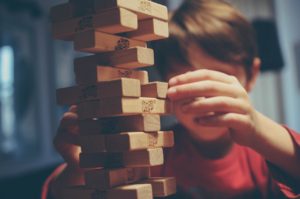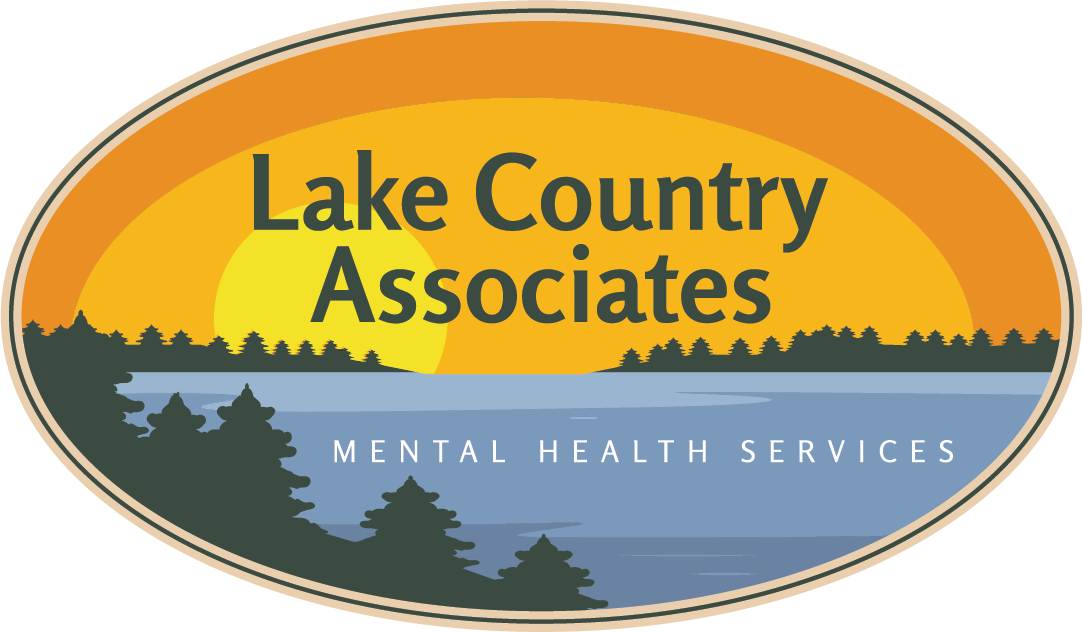By Diane Cerven, MA, LPCC
Last week, I talked about our emotions escalating and needing a simple skill to use to reduce our emotions, deep breathing. Look for the deep breathing guide here. Let’s continue on the topic of distractions and learn new skills. Week 1 focused more on annoyance, which is part of the anger category. This week, let’s talk about how distractions can help with depression and sadness.
reduce our emotions, deep breathing. Look for the deep breathing guide here. Let’s continue on the topic of distractions and learn new skills. Week 1 focused more on annoyance, which is part of the anger category. This week, let’s talk about how distractions can help with depression and sadness.
Depression and Sadness
Let’s first define them. Depression is chronic, at least 2 weeks, when one feels sad, or loss of interest or pleasure. Eating, sleeping, and energy can all change. We can be more fidgety or even have a marked slowing of our speech and movement. Thoughts of worthlessness and guilt can take over, and we can have concentration problems or decision problems. Finally thoughts of death, or wanting to die, all the way to trying to kill ourselves, can be present as well. If you feel like killing yourself please seek help and see this article: Resources for Suicide Prevention. These symptoms affect our functioning; we just don’t want to work, be social, or participate in general with life. If you have 5 or more of these symptoms I encourage you to get a diagnostic assessment and help from a trained and licensed mental health counselor. We can all relate to times when we at least felt sad, maybe having some of these symptoms but not 5 or more, or not lasting as long, and this is what I define as sadness. Even in the throes of depression we can get a mental break from our depressive brain and focus on something else.
Let’s bring up a time when we felt sad or depressed. Our depressed brain was dwelling on the negative.
“There’s no point.”
“No one cares.”
“Why try.”
“Nothing goes right.”
“I could just kill myself.”
I could go on with depressive thinking, we all get the idea. At these times, our depressive brain is taking over (by the way, this could be any emotion our brain is stuck on). Our brain is running, ruminating really, it’s controlling our thought process. Our emotion gets worse. Many times depressive people will try to make it through the day with a heavy weight on them or they sit around, even just going back to bed, to get their thoughts to stop.
I want to encourage you when you’re sad, depressed, or any other emotion, and your brain is stuck in the thinking that comes with the emotion, to step out in a new way by using a coping skill. Coping skills are used to get our minds on something else, to fill our thoughts with something that is helpful. We’re starting with distraction skills, to distract us. There are so many ways we can distract ourselves. Like I mentioned last week, every coping skill is technically a distraction because it gets our mind on something else.
Games – A Great Distraction Skill
This week I want to focus on something that you may be doing in your free time but never thought of using to cope with difficult or large emotions. There is research being done and there is anecdotal (people have told me) evidence that this has helped them with their emotional regulation. Before we get there, I do want to caution to make sure that you don’t get lost from life in distraction skills. If your distraction is keeping you from living life, from paying attention to your family, friends, or anything else you need to be doing, then your distraction skill is not a skill, it’s a detriment. So let’s be mindful that we’re using this in moderation.
This week let’s talk about games as a distraction. I know this is one of my favorite ways to get my mind on something else for a little while. As my attention is focused on a game, my emotions have a chance to decrease. Another caution, there are games that increase anxiety or anger, or any emotion really depending on what they are. I was working on a cooking game, you have to get the orders done in a certain amount of time, and as it became more difficult, I became more irritable because of the anxiety that was caused by trying to remember how to do the recipes. That’s not good. Just give yourself a limited amount of time. When someone is flooded, it takes on average 20 minutes to decrease their emotions. Not several hours. 🙂
So what kinds of games am I talking about? Games that allow our thoughts to focus, so games that take some thought.
Solo Games
There are solo games we can play by ourselves. Try Sudoku, Mahjong, crossword puzzles, word finds, brain games, Solitaire, or puzzles.
We can also play individual games on our phone (don’t forget to set a time limit). For example: Angry Birds, Cut the Rope, Candy Crush, Tetris or Solitaire. I like the detective kind of games. Really it’s endless. Just monitor how you feel playing. If it’s causing anxiety (like the game I was playing) or you get sucked in for too long then find another one. I’m also certain that the solo games from above can be found on your phone.
Games with Others
There are some great games that can be played with others. Try playing chess, checkers, Scrabble, card games, puzzles or Apples to Apples (a favorite with a big crowd). It’s endless here too. Any game you play with someone is going to distract you. Pick one that you find fun, or one that causes you to think.
We can’t forget playing with others online or phone. Try Words with Friends (they’ll even match you with friends if you don’t have family or friends who play) or try Facebook games, many you don’t directly play with others, but you can send and receive items with friends. Try Googling multi-player games. The possibilities are endless, limited only by your search.
When your emotional mind is taking over, decrease the thoughts and feelings by distracting yourself with a game. Over this next week, practice using a distraction skill by playing a game when your feelings are escalating. Then make a list (in case your brain is too overwhelmed to let you remember) of the ones that help.
Need More Personal Help?
Again, coping skills are tools. For more serious mental health concerns, please click here to contact us through our website and we’ll call you back. Feel free to call our Park Rapids office at 218-366-9229 or our Bemidji office at 218-444-2233. Please check out our staff bios. You can view mine by clicking on my name below. We are here to help.
Blessings,
Diane Cerven, LPCC
